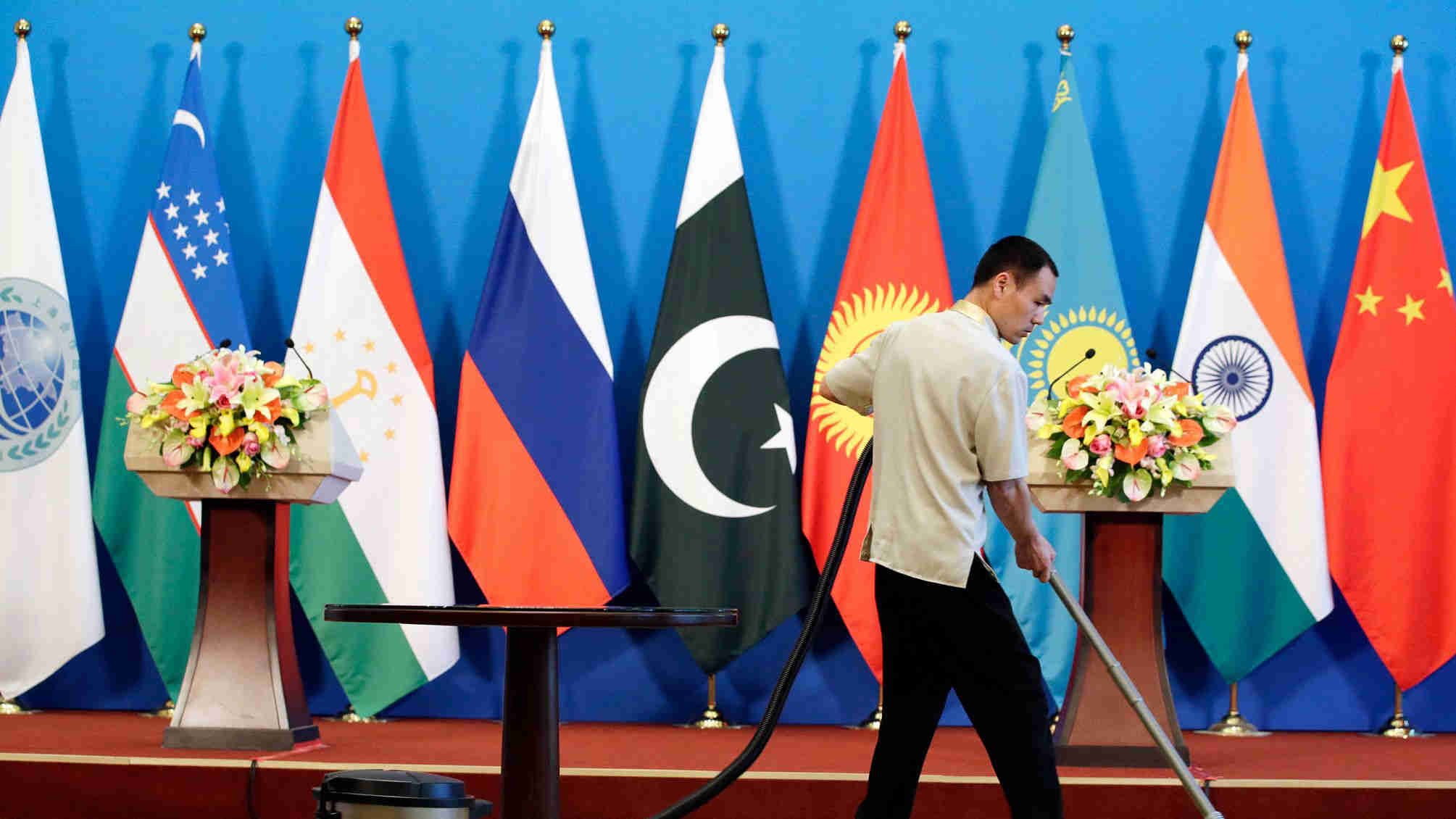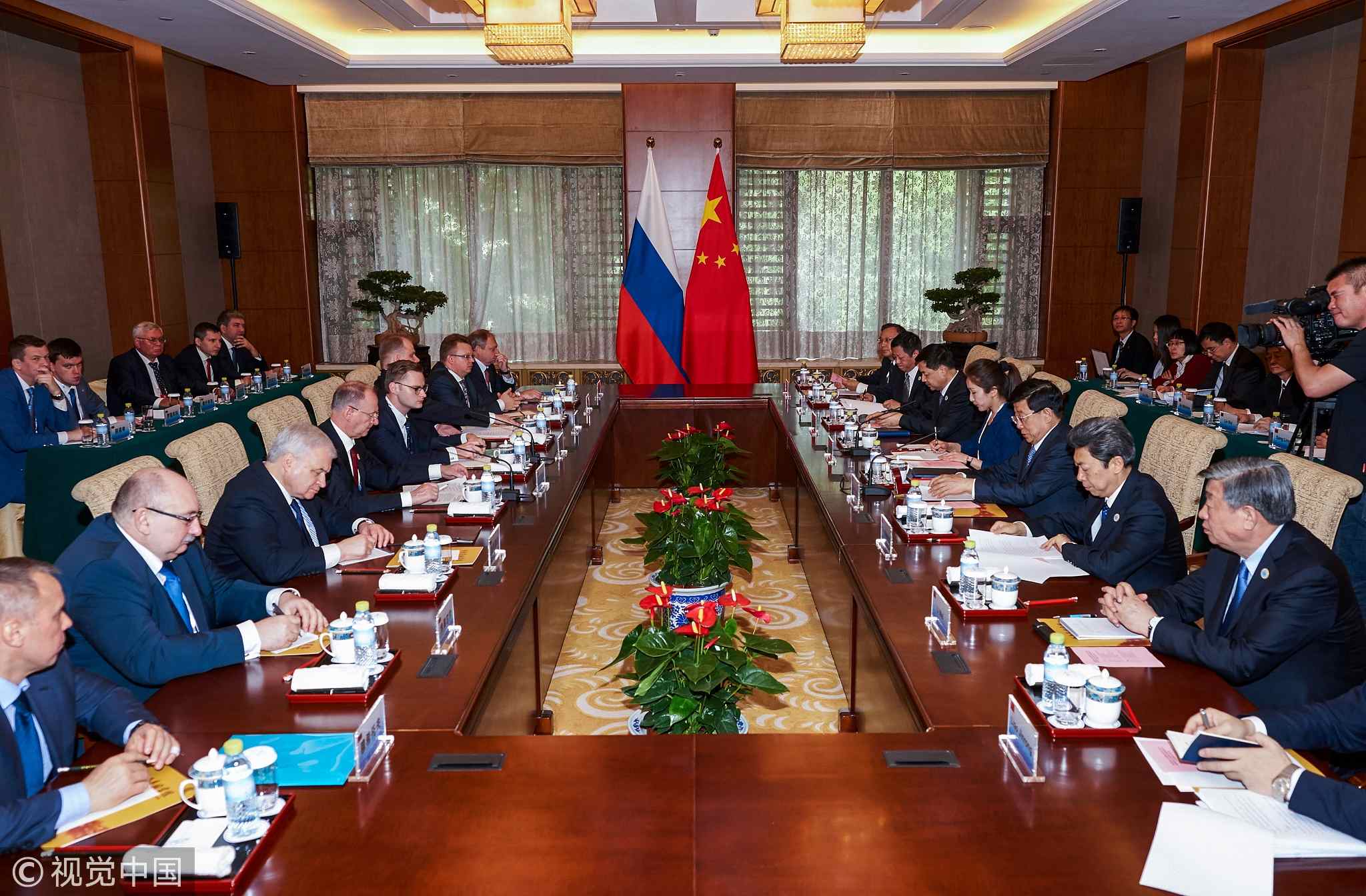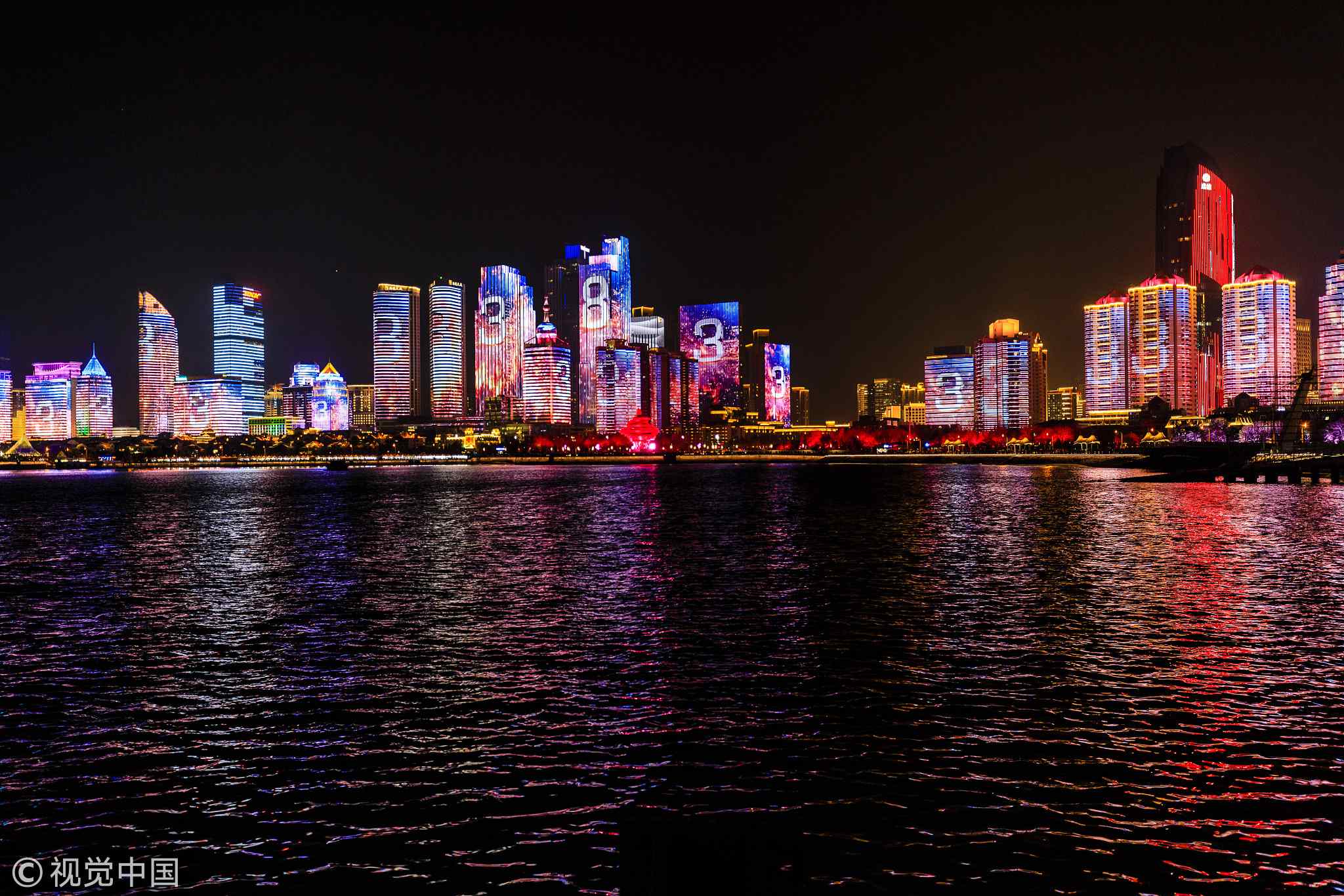
(Photo: CGTN)
The 13th Meeting of Supreme Court Chief Justices from the Shanghai Cooperation Organization (SCO) member states is to convene this week in Beijing, as a prelude to the 18th meeting of the organization's Heads of State Council to be held next month in Qingdao.
As emphasized in the joint statement on the results of the 12th Chief Justices Meeting held in Tashkent, Uzbekistan in October 20177, cooperation between the supreme courts in the SCO member states is based on the principles of mutual trust, friendship, neighborliness, stability and mutual understanding, as well as of ensuring peace and security in the region.
Since it was founded in 2001, combating corruption and related transnational organized crimes such as money laundering has been a persistent theme of judicial cooperation among the SCO members. So far, all SCO member states are parties to the United Nations Convention Against Corruption of 2003, and China has effective bilateral agreements and extradition treaties with all other six SCO members, except India.
This lays a solid institutional foundation for the judicial organs of the member states to cooperate under the UN Convention framework.

Nikolai Patrushev (4th L), Secretary of the Russian Security Council, and China's Public Security Minister Zhao Kezhi (3rd R) attend the 13th meeting of secretaries of the SCO (Shanghai Cooperation Organisation) member states in Beijing on May 22, 2018. (Photo: VCG)
The significance of combating corruption cannot be exaggerated. As pointed out in the Astana Declaration, corruption in all its forms and manifestations leads to less effective public administration, adversely affects investment appeal, and hampers socioeconomic progress. Transnational anti-corruption cooperation, however, is far from an easy task. Different political, social, legal and cultural conditions and factors all contribute to the difficulties in achieving meaningful judicial cooperation. In this sense, the much cherished spirit of the SCO (mutual trust, mutual understanding and friendly cooperation) is of particular importance. Only with that in mind can members unite as one in confronting this thorny problem.
More specifically, things need to be done from the following aspects.

A countdown light show test was held in Qingdao, Shandong Province of China, which will hold the 2018 SCO Summit in June, on April 24, 2018. (Photo: VCG)
First, the current bilateral treaty network needs to be expanded to cover all SCO members. India and Pakistan were admitted into the SCO in 2017, following a historical decision of its Heads of State Council. However, unlike Pakistan, India has not signed any mutual legal assistance agreements or extradition treaties with China, for some understandable reasons. Efforts need to be made on both sides to at least initiate negotiations in the near future.
Second, member states should explore new forms and channels of judicial cooperation based on the existing platform. To have an agreement or treaty in place in one thing, to make full use of it is another. SCO members need to develop comprehensive cooperation in the sphere of anti-corruption activities, including through the sharing of experience and information, as well as practical measures of cooperation in this area between competent authorities including the supreme courts.
Last but not the least, in this globalized world, resources outside the SCO must also be made use of for the judicial cooperation to be effective and meaningful. Thus, it is necessary to improve cooperation with international and regional organizations, observer countries and partners engaged in a dialogue with the SCO, as well as other countries, so as to put in place conditions conducive to enhancing judicial cooperation in trying civil and criminal cases.


